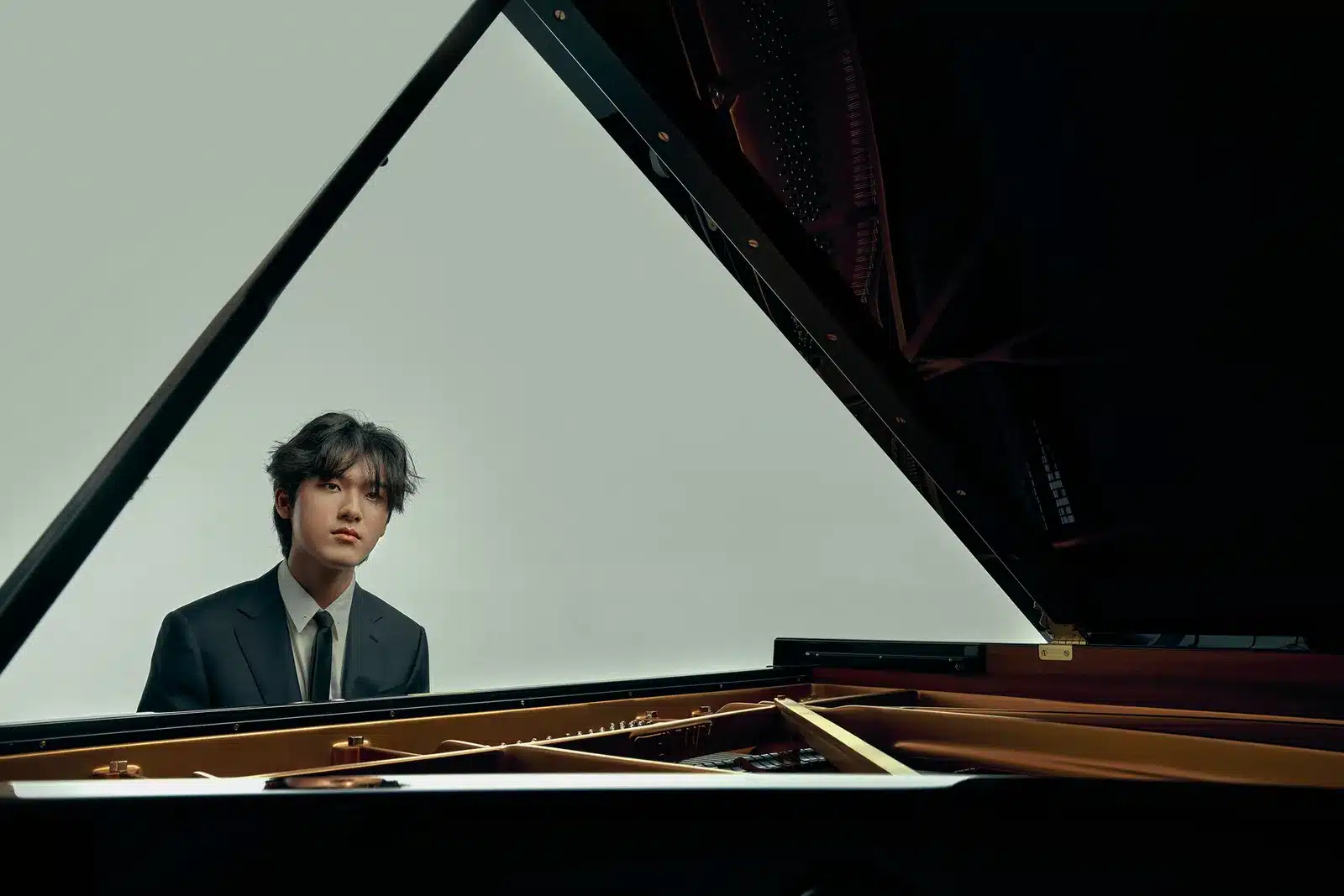Glenn Gould: Mozart, in his later years, was not a very good composer
mainOne of the most intriguing lost programs made by Glenn Gould has just been retrieved on Youtube.
Watch now before someone manages to take it down.
Gould says: ‘I think Mozart, especially in his later years, was not a very good composer’.
He goes on to say: A five year-old could have written this…’

The clue to tongue positioning in cheek may be that phrase ‘in his later years’. Mozart never lived to see later years.






Comments